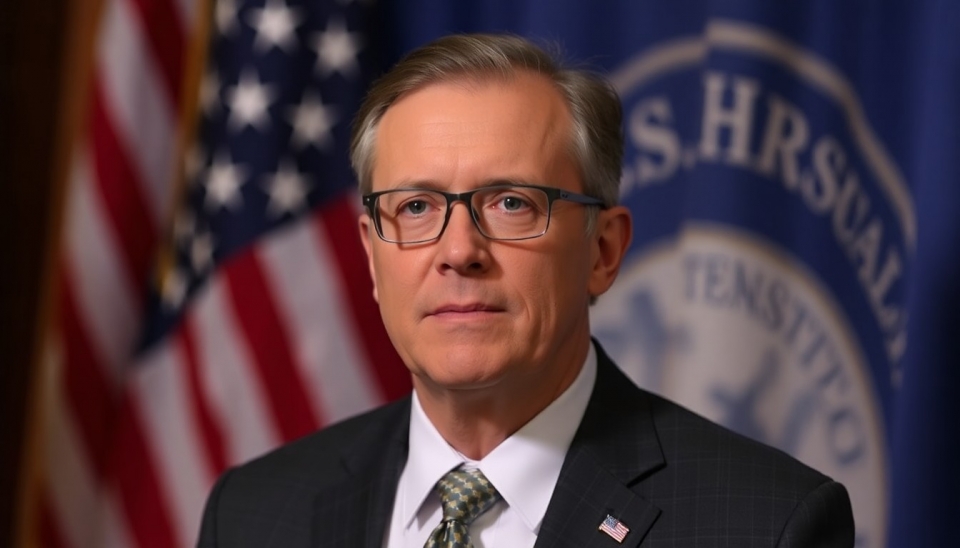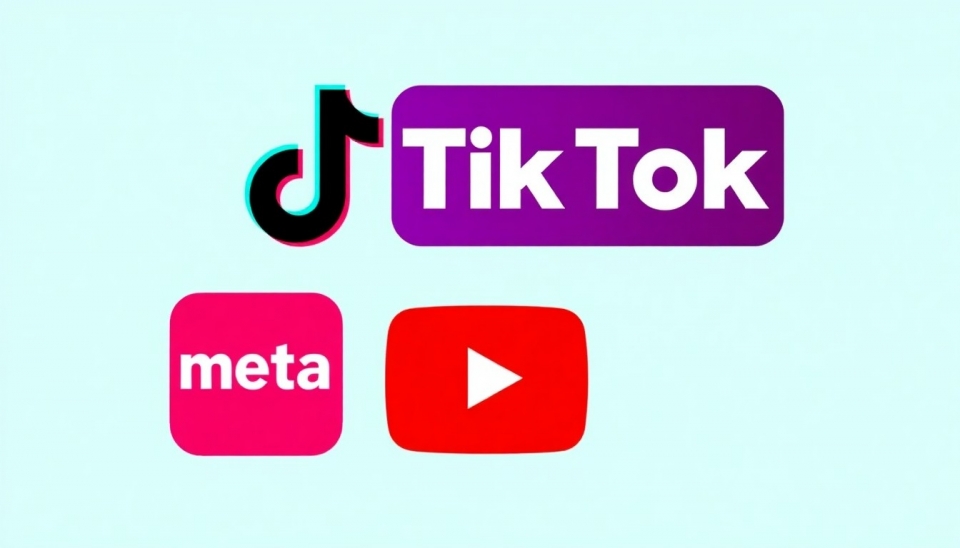
Meta Platforms Inc., the parent company of Facebook and Instagram, is in the spotlight as Congress intensifies its scrutiny over claims made by a former employee. The allegations involve significant issues related to user data privacy, content moderation practices, and the impact of Meta's platforms on societal discourse.
The investigation is primarily being driven by a whistleblower who previously held a position within Meta’s ranks. The ex-employee asserts that the company has consistently prioritized profit over user safety, compromising the integrity of its platforms. These allegations echo ongoing concerns regarding the ethical handling of personal data and the accountability of social media giants.
In light of the claims, members of Congress have demanded comprehensive insights into Meta’s operational policies, particularly those focused on user data handling and the efficacy of their content moderation. Lawmakers are increasingly wary of how social media decisions affect public opinion and individual freedoms, especially after a series of high-profile incidents involving data breaches and misinformation campaigns linked to Meta-owned platforms.
This legislative scrutiny comes at a time when Meta is still navigating the fallout from previous controversies, including the Cambridge Analytica scandal and various lawsuits related to data privacy. The current situation highlights a growing consensus among lawmakers about the necessity for greater oversight of tech companies.
Representative Anna Eshoo of California stated, “We need to take a hard look at how these platforms operate and, more importantly, how they impact the everyday lives of Americans. The claims made by this whistleblower warrant our immediate attention.” Her remarks reflect a broader sentiment within Congress that significant reforms may be necessary to safeguard users from potential harm perpetrated by such powerful organizations.
Following the whistleblower testimony, Meta issued a response asserting its commitment to user privacy and safety. The company contended that it has already implemented measures to rectify alleged shortcomings and has invested in enhancing its moderation systems. A spokesperson for Meta clarified, “We prioritize our users’ safety and have built tools and policies designed to protect their data and well-being.”
Despite Meta's assurances, advocates for stronger regulatory measures remain skeptical. They emphasize that self-regulation in the tech industry has proven inadequate, highlighting the need for structured guidelines that enforce accountability and transparency among social media companies.
The direct involvement of Congress signals a tipping point for Meta and similar organizations. With mounting public concern and political pressure, the company may soon face more stringent regulations that could reshape the landscape of social media governance. Observers are keeping a keen eye on the development of this investigation and its implications for the tech industry as a whole.
The outcomes of these hearings could have wide-reaching consequences, not only for Meta but also for the future of privacy rights and content moderation practices across all social media platforms. As technology continues to evolve, so too does the challenge of regulating its impact on society, a challenge that lawmakers are beginning to address with newfound urgency.
#Meta #CongressionalInvestigation #Whistleblower #DataPrivacy #SocialMedia #TechRegulation #ContentModeration
Author: Liam Carter




